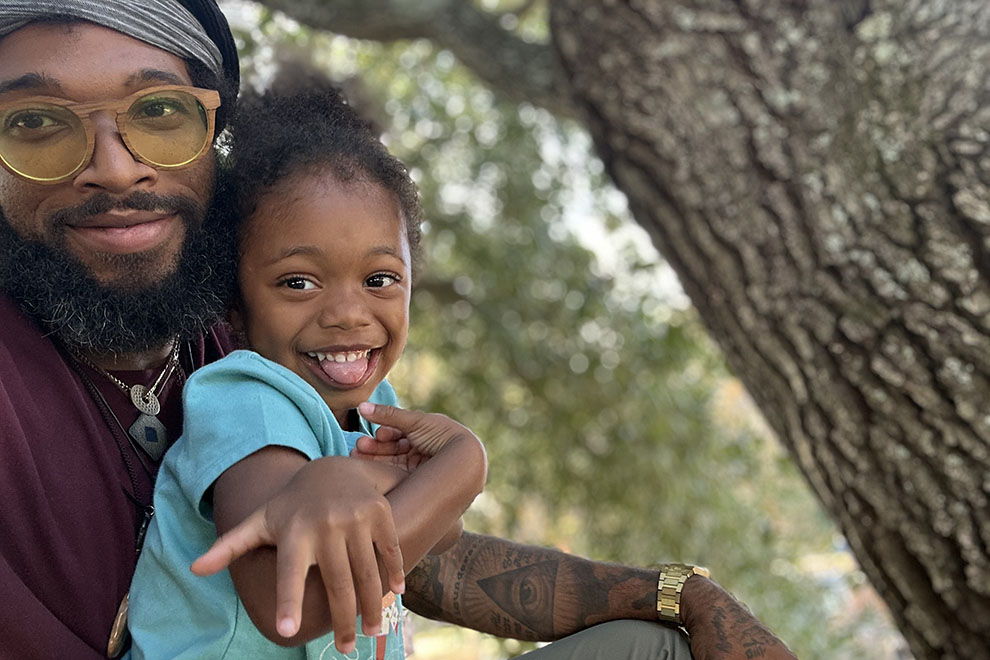Q.
My son is a junior in high school and refuses to discuss college. I don’t want to be one of those parents who does everything for their kid, but I can’t just blow this off. Help!
A.
I am wondering what may be driving your son’s refusal to talk. Worried about getting into college? Fearful about what that new life stage will be like?
I’d suggest starting with a conversation where you do much more listening than talking. You may say, “I’d like to schedule some time on the calendar that works for both of us to talk about what you’re thinking for after high school. When is a good time for you to have this conversation?” Get the date in both of your calendars and allow your son time to prepare, and possibly even encourage him to begin thinking about this topic. Pick a spot that is low pressure to talk (maybe on a drive or on a walk) and use open-ended questions and statements to encourage him to share.
Try your best not to insert your own fears or criticism into this dialogue. Rather, use it as an opportunity to learn what your son is wrestling with regarding life after high school. Do not lecture! You want him to feel safe talking to you. Try an opener like this: “I’ve been noticing you haven’t said much about what you want to do after graduation. I’d love to hear what you are thinking.” Respond to his thoughts with statements like: “I get that. It makes sense to me that you might be unsure. You’re right, there are a lot of options. I know you will make a choice that’s right for you, and I’m here to support you.”
After you get some clarity about where he is on the topic, you can talk through what tasks you may be able to help him with and what he will need to tackle on his own. Whatever his path may be, support him in creating a task list with defined deadlines to help him move in the direction he prefers. Resist the temptation to be a fixer and do it all for him. After all, becoming a young adult who is happy and successful is about being able to take on bigger responsibilities, and this planning phase is an important primer for life after high school.
Q.
What do you think about pacifiers? I’m having a baby this summer, and I’m hearing a lot of information (from well-meaning friends) for and against using one with my baby.
A.
It is important as a parent to listen to credible opinions about child-rearing. The more we learn and understand about child development and parenting, the better equipped we can be to make well-informed decisions for our children. It is also important to trust our own instincts about what is best for our child, especially when faced with contradictory or confusing advice.
Whether to use a pacifier with your baby is a decision that is hard to make before you actually meet your newborn. You will see opinions that discourage pacifier use, as it may cause nipple confusion and interfere with breast feeding mastery. However, recent research on this topic indicates there is very little evidence of nipple confusion as it relates to pacifier use. In my experience as a mother, the value of pacifier use varied with each baby. My first baby really benefited from pacifier use – as did I! – as a way to take a break from the breast and sleep independently (Can I get an hour please, sweet girl?!). My third baby did not care one bit about a pacifier, never took one, and was content simply ending her nursing sessions when satiated.
I recommend having a couple pacifiers at home in case you decide to try it (maybe on a particularly challenging evening), and then to follow your baby’s lead on this. Sifting through contradictory opinions is good practice for the parenting journey ahead of you. Decide what information sources you trust, do your research, and be sure to listen to your own instincts. Congratulations and enjoy your journey as a new parent.





